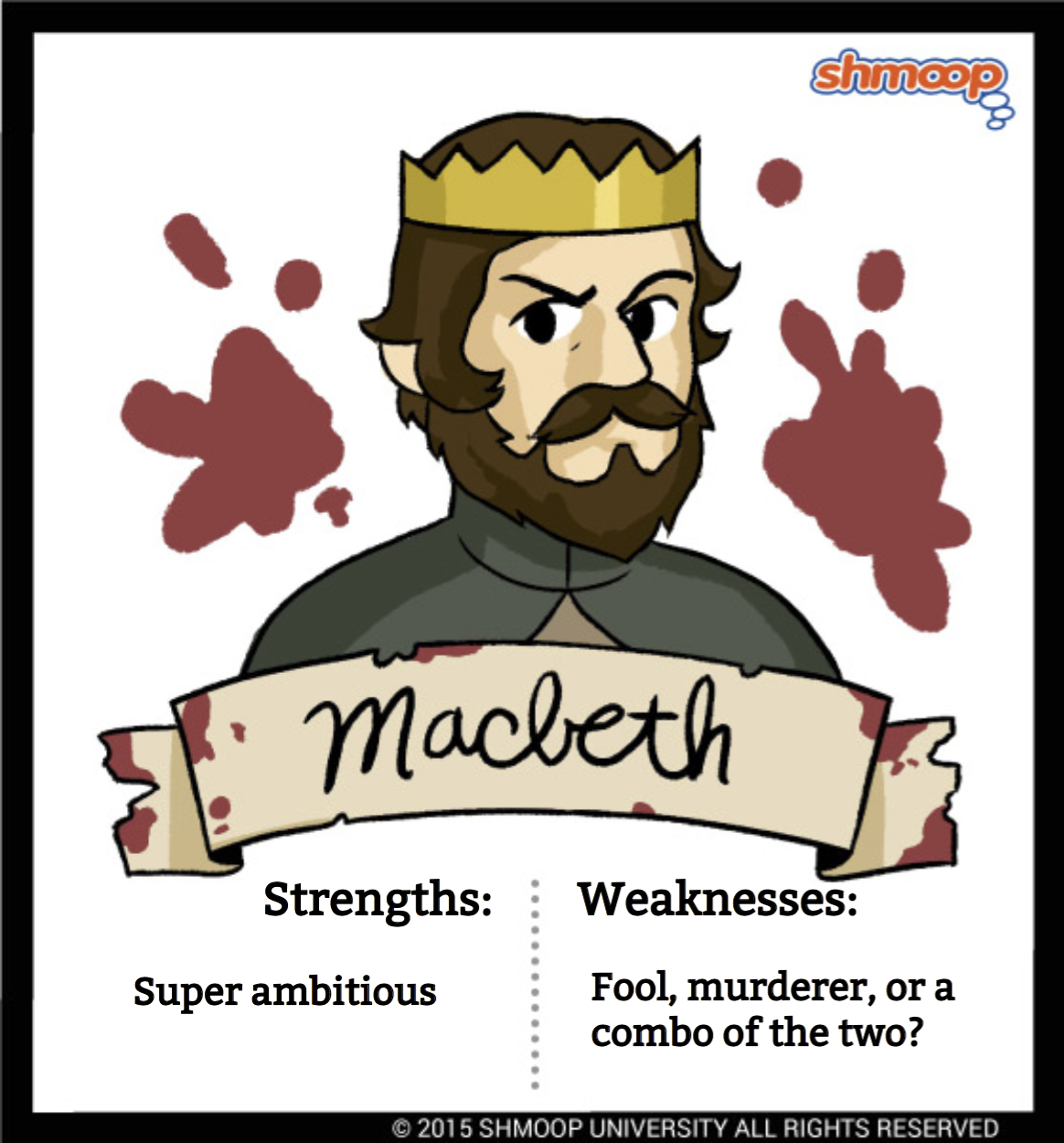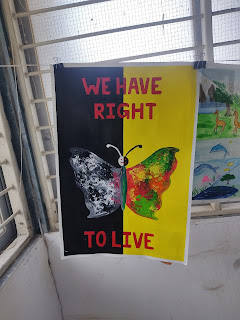Batch: M.A. Sem.1 (2022-2024)
Enrollment N/o.: 4069206420220016
Roll N/o.: 06
Subject code & Paper N/o.: 22392- Paper 101: Literature of Elizabethan and Restoration periods
E-mail Address: drashtijoshi582@gmail.com
Submitted to: Smt. S.B. Gardi Department of English- M.K.B.U.
Date of submission: 7th November, 2022
About William Shakespeare and background of his Era:
Shakespeare’s tragedy:
ABOUT PLAY MACBETH:
CHARACTER SKETCHE OF TRAGIC HERO:MACBETH:
- Co-leader with the Banquo of Duncan's army.
- Spoken of more frequently than Banquo and therefore must be considered the senior.
- First engagement of the battle is represented as having been won by his personal power and generalship. See Act-1, sc-2,14. “But all’s too weak…till he faced the slave.”
- Undismayed when faced by a new threat from the army of the rebel reinforced “with terrible numbers” by the king of Norway, “assisted by the most disloyal traitor, the Thane of Cawdor.” victorious again “Bellona’s bridegroom.”
- As he becomes degraded he loses some fearlessness, Act-4, sc-1, “That I may tell pale-hearted fear it lies”; but whenever the prospect of action appears his courage never fails him.
- Lady Macbeth gets him to act by appealing to his manhood and courage, Act-1, sc-7,49, “When you durst do it…more the man.”
- The old courage and strength shows themselves in his fight with young siward and in the early part of his fight with MacDuff.
- Brave when it comes to action but when he starts thinking he hesitates and fears and has to be goaded into action by his wife or by the sense of security which he obtains from his contact with the witches.
- Changed his mind six times before murdering Duncan:(1)Had made up his mind to it before meeting the witches.(2)their prophecy that he would be king makes him decide to leave it to fate.(3)Duncan’s announcement that Malcolm is to be his successor presents a difficulty which he must “overleap.”(4)Suffers a change of heart before he reaches home until.(5)his wife persuades him that it can be done safely.(6) Leave the banquet and decides not to do it.(7)Is goaded by Lady Macbeth to make up his mind finally to do the murder.
- Fears Banquo because he recognizes in him a moral courage which Macbeth lacked-Banquo kept his “bosom franchised and allegiance clear.”
- Hated and feared Macduff, too, because he felt his own “genius rebuked” by Macduff's moral superiority. “Thou shalt not live that I may tell pale-hearted fear it lies…”
- Does not show a single example of moral uprightness in the play.
- Does not fear the moral consequences of his sin. “We’d jump the life to come,”Act-1, sc-7.
- His whole story after the death of Duncan is one of continuous moral degradation. He is in a savage frenzy when he plans the murder of MacDuff's family. His cruelty is so great that “sighs and groans and shrinks that rend the air are made, not marked”
- So far does he sink in moral degradation that even his enemies say half-pityingly:
- “Who then shall blame his pestered sense to recoil and start, when all that is within him does condemn itself for being there?"
- There can be no doubt that Macbeth had entertained the possibility of being king some day. His success in battle would serve to intensify his ambition.
- More than that, it seems clear that the thought of murder had already occurred to him, Act-1, sc-3, “great prediction/of noble having…that he seems rapt withal…” and Act-1,sc-7, “what beast wasn't then/that made you break this enterprise to me? Act-1, sc-3, “My thought, whose murder yet is but fantastical.”
- When Macbeth “starts at the fair-sounding” prediction of the witches(Act-1,sc-3) it is because they have startled him by putting his thoughts into actual words.
- His “rapt” behavior, his wish “would they had stayed”, and his brooding over the prophecy all seem to indicate a more than casual concern.
- The witches’ prophecies encouraged this ambition to be king.
- He himself confesses “vaulting ambition”(Act-1,sc-7)that will carry him to murder now that Duncan has circumvented fate (Act-1,sc-3). “If chance…may crown me” by naming Malcolm successor to the throne.
- Lady Macbeth's speech(Act-1,sc-5) sums up his character early in the play. It reveals that Macbeth was a very ordinary man whose ambition was great and who wished to stand well with the world. But he was unprincipled and refrained from wrong-doing only from custom or from fear of being found out. It is his unprincipled ambition and his crimes to attain that ambition that make the theme of this great tragedy.
- Macbeth’s power and his successes made him conjure up alluring thoughts of kingship.
- His fluctuation will make him subject to the over-mastering character of his wife in the early part of the play.
- His imagination, controlled neither by moral considerations nor by education made him a ready victim to the tempting voices of superstition.
- Before the murder we find his “Function/is smothered in surmise”(Act-1, sc-3).when he allows his imagination to roam uncontrolled. Moreover, so active and powerful is his imagination that it always creates “present fears'' which “are less than horrible imaginings.”(Act-1, sc-3)
- His superstition is shown by his susceptibility to the influence of the witches-more marked by contrast with Banquo’s cautious indifference.
- It is also seen in the “air-drawn dagger” and in the hysteria of fear which seizes him after the murder of Duncan.
- But, most important of all, he sees the ghost of Banquo at the banquet. The mental excitement created made him reveal much that he would have liked to remain unknown, and in this way hastened his ruin and punishments.
- It was his superstition that made him accept so unquestioningly the promises of the apparitions.
- And when circumstances became difficult it was his superstition that made him cling to these promise until events proved how equivocal and misleading they were.
- When he is in throes of his imaginative hallucinations, abstract ideas appear before him in concrete and highly form. The imagery of his speeches becomes intense, condensed and highly figurative. We find this particularly in the scenes surrounding the murder of Duncan. The more intense his excitement, the more vivid and intense does his language become to mirror the emotional strain of the scene.
- Shared his joys with her-sent her a letter describing the witches’ prophecies was going to wait until Banquo was out of the way before disclosing this fact to her.
- Accepts her guidance and advice and consults her concerning his plans.
- Is affectionate in his action toward her and uses terms of endearment when speaking to her-“my dearest love.”(Act-1,sc-5)
- Keep to himself when planning the murder of Banquo and Fleance so that she will not have to share the strain.
- Once she has launched him on his career of crime lady Macbeth loses her control over him.
- Once the savior of his country, a “valiant cousin!” a “worthy gentleman,” he follows his murder of Duncan with the quick murder of the two sleepy grooms.
- He does not need to be urged to the deed in planning the murder of Banquo and of Fleance.
- His degradation carries him to the level where he vents his savage frenzy upon the innocent heads pf “his(Macduff’s) wife, his babes…”
- Scotland suffers from his boundless cruelty: “sighs and groans and shrieks that rend the air, are made, not marked.”
- He becomes distrustful, “there’s not a one of them but in his house I keep a servant fee’s”
- He becomes distrustful “there’s not a one of them but in his house I keep a servant feed”
- He becomes cruel and treacherous; the voice of conscience within him is gone; he no longer hesitates to follow courses of evil: “the very firstlings of my hear shall be the firstlings of my hand.”
- But the tragedy is still tragedy because he reveals to us that he is suffering a living hell in the midst of fears, amongst those that hate him but dare not show it, without the blessing of sleep “that knits up the raveled sleave of care,” in a life that can know no rest. His punishment is as great as his crimes.























































